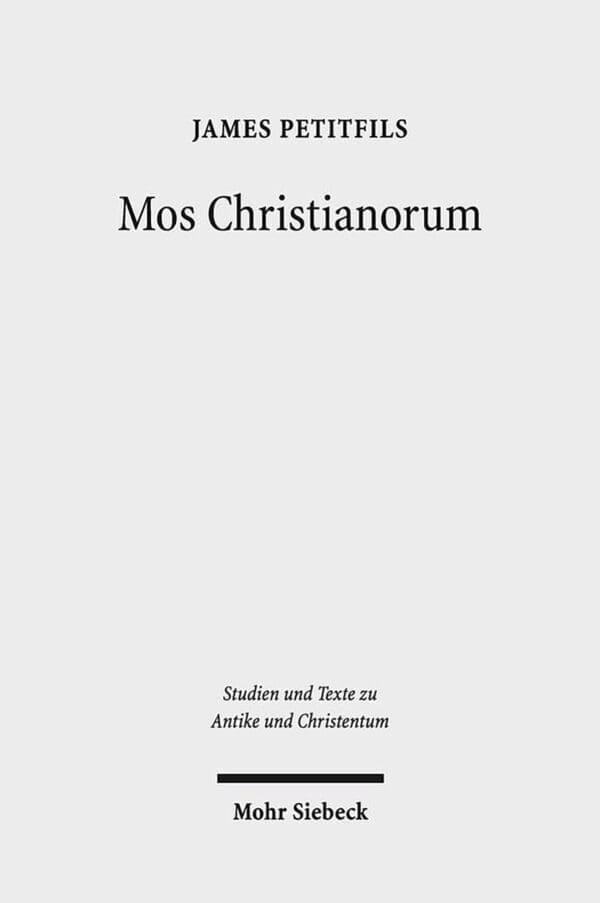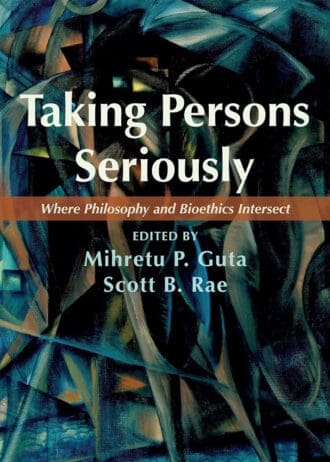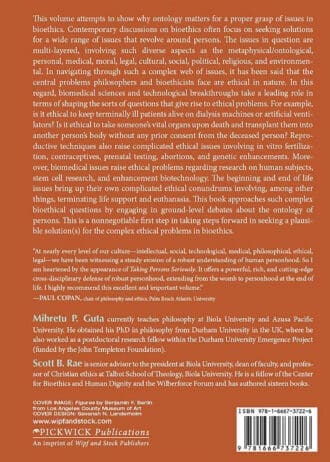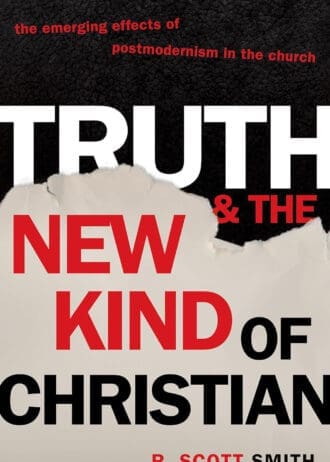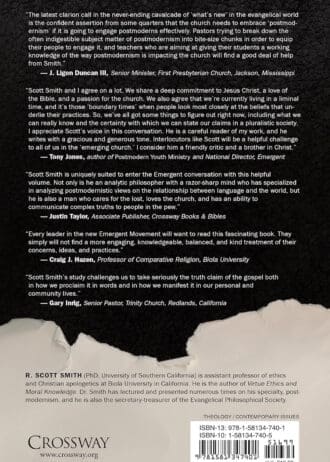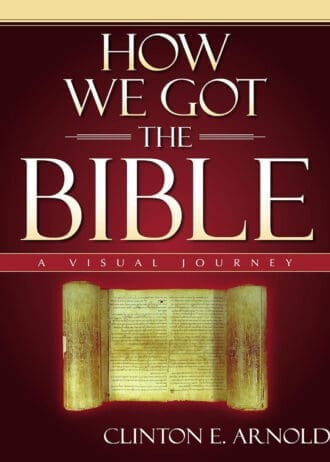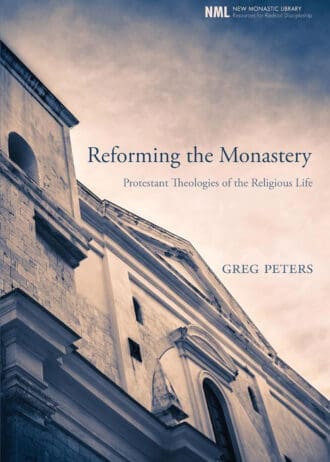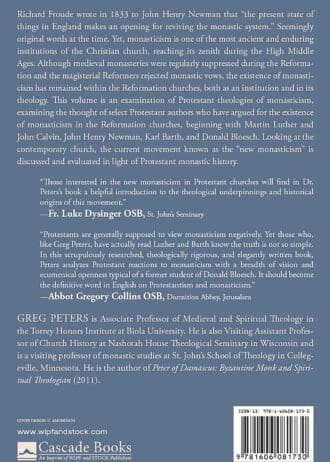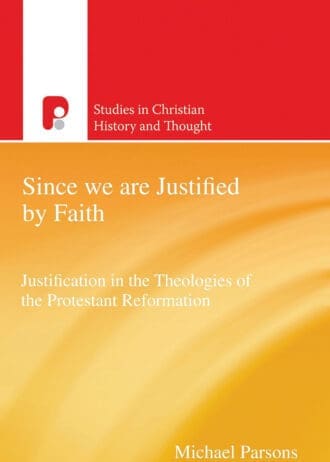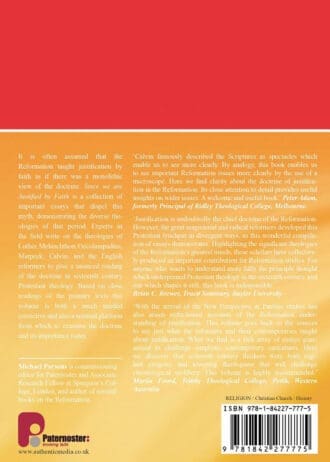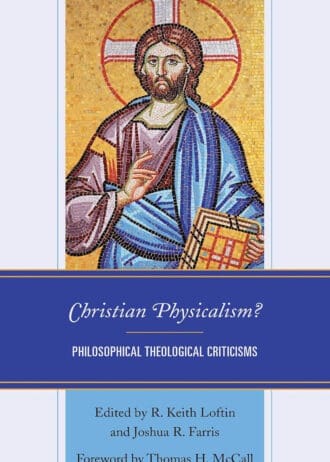The preferred moral curriculum of a Roman education abounded with exemplary stories of Rome’s native heroes. To inculcate conceptions of virtuous leadership, politicians and populace alike deployed exempla as rhetorical vehicles of the mos maiorum (way of the ancestors). James Petitfils explores Jewish and Christian participation in this widespread pedagogical practice. After surveying Roman discourse on exemplary leadership, the author consults several texts, written in significantly Romanized environments, celebrating Jewish or Christian ancestral leaders (Josephus’ Antiquities 2-4, Philo’s Mosis 1-2, 1 Clement, and The Letter of the Churches of Vienne and Lyons ). He highlights their respective appropriation, adaptation, and redeployment of the Roman moral idiom on exemplary leadership in the promotion of self-consciously non-Roman ancestral exempla and languages of leadership.
Taking Persons Seriously: Where Philosophy and Bioethics Intersect
This volume attempts to show why ontology matters for a proper grasp of issues in bioethics. Contemporary discussions on bioethics often focus on seeking solutions for a wide range of issues that revolve around persons. The issues in question are multi-layered, involving such diverse aspects as the metaphysical/ontological, personal, medical, moral, legal, cultural, social, political, religious, and environmental. In navigating through such a complex web of issues, it has been said that the central problems philosophers and bioethicists face are ethical in nature. In this regard, biomedical sciences and technological breakthroughs take a leading role in terms of shaping the sorts of questions that give rise to ethical problems. For example, is it ethical to keep terminally ill patients alive on dialysis machines or artificial ventilators? Is it ethical to take someone’s vital organs upon death and transplant them into another person’s body without any prior consent from the deceased person? This book approaches such complex bioethical questions by engaging in ground-level debates about the ontology of persons. This is a nonnegotiable first step in taking steps forward in seeking a plausible solution(s) for the complex ethical problems in bioethics.

